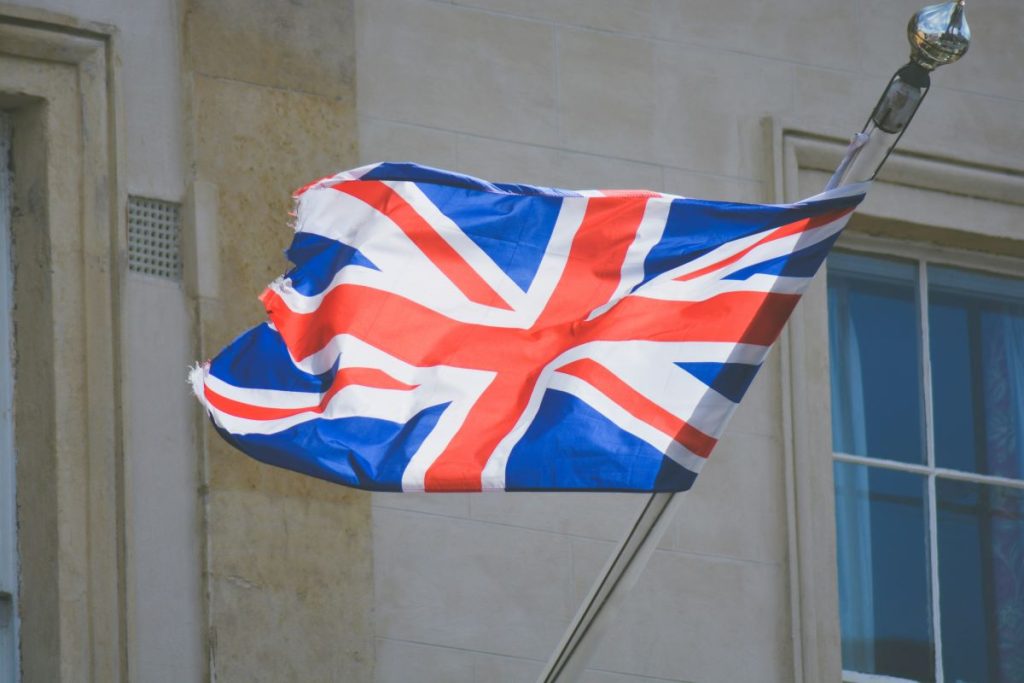The United Kingdom has officially become the 12th member of the Comprehensive and Progressive Agreement for Trans-Pacific Partnership (CPTPP), marking a significant milestone in its post-Brexit trade strategy.
Historic Accession to the CPTPP
On December 15, 2024, the UK formally acceded to the CPTPP, a free trade agreement originally signed by 11 founding members in March 2018. This makes the UK the first non-founding member to join the pact, which spans three continents and includes nations such as Japan, Australia, and Singapore. The agreement aims to reduce tariffs and trade barriers, fostering economic collaboration among its members.
The UK initiated negotiations to join the CPTPP in June 2021, culminating in a treaty signed in July 2023 by then-business and trade secretary Kemi Badenoch in Auckland, New Zealand. While the UK already trades with several CPTPP members under existing agreements, its accession unlocks new opportunities. As of December 24, 2024, the UK will begin trading with Australia under the CPTPP framework. However, trade with Canada and Mexico under the pact will commence only after these nations ratify the UK’s membership.
Economic Impact and Strategic Benefits
The Department for Business and Trade projects that CPTPP membership could boost the UK economy by £2 billion annually in the long term. Regional benefits are also anticipated, with Scotland, Wales, Northern Ireland, and all English regions expected to see economic gains. For instance, the South East could gain £450 million, while the North West may see a £310 million boost.
Business and trade secretary Jonathan Reynolds emphasized the strategic importance of the agreement, stating, “Britain is uniquely placed to take advantage of exciting new markets, while strengthening existing relationships.” He highlighted the role of such agreements in creating jobs, raising wages, and driving investment across the UK.
A Strategic Trade Vision
The UK’s accession to the CPTPP underscores its commitment to expanding global trade ties post-Brexit. With lower tariffs and reduced trade barriers, UK businesses are poised to benefit from enhanced access to dynamic markets. The government’s forthcoming Trade Strategy, set to be published next year, aims to provide a comprehensive framework for international trade, supporting businesses and consumers alike.
The UK’s entry into the CPTPP is a bold step toward diversifying its trade relationships and reducing reliance on traditional markets. While the economic gains may take time to materialize fully, the move signals a forward-looking trade policy that could position the UK as a key player in global trade networks. However, the success of this strategy will depend on effective implementation and the ability to navigate the complexities of international trade agreements.



